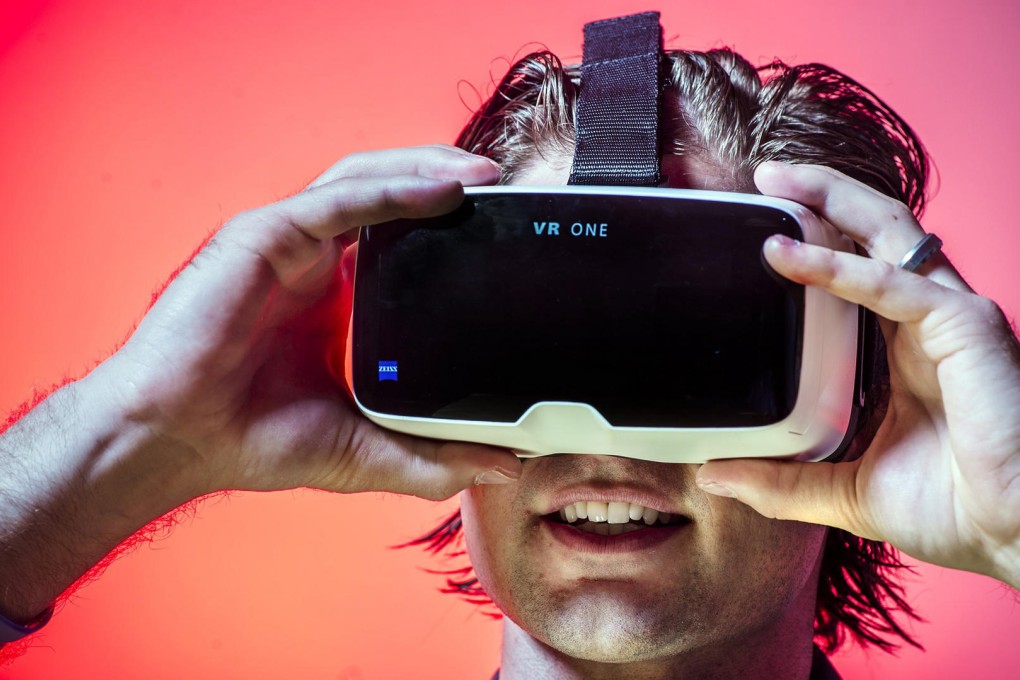Will virtual reality go mainstream with tech giants in game?
Chinese company joins Samsung, Sony, Facebook and Microsoft in pushing frontiers of experience. But will everyone one day have a headset at home, or will professionals such as marketers and engineers be biggest users of VR?

You slip a smartphone into a pair of clunky goggles and place them on your head. The room around you dissolves and you're standing on a grassy field behind a line-up of American football players. You hear the crowd's cheers.
It's time to play football. You control the play with your eyes, deciding when to snap and where to throw. This virtual reality (VR) program is not a video game. It's a football training tool.

The tool is among a tidal wave of VR programs being developed for introduction to consumers in the next year. Military forces already use VR in some training exercises, but the technology has potential uses in other areas, such as entertainment and home improvement. Architects, for instance, can create life-sized virtual models of buildings rather than relying on traditional physical models.
Several companies gathered at the recent Electronic Entertainment Expo, or E3, in Los Angeles to show off their products. A few are being sold already, such as the US$200 Samsung Gear VR headset, which is compatible only with Samsung smartphones. Other devices and programs are still in production as developers apply the final touches.

HTC will begin selling its virtual reality headset, Vive by Valve, by the end of this year, and Oculus will follow suit with the Oculus Rift early next year. Sony is expected to release its own headset, Project Morpheus for the PlayStation 4, around the same time. Prices have not been announced for these devices, but analysts predict they'll be several hundred US dollars. Shenzhen company Virtual Reality is also producing its own VR goggles, which will go on sale for 1,900 yuan (HK$2,400) at a VR gaming centre due to open in Shanghai in September.